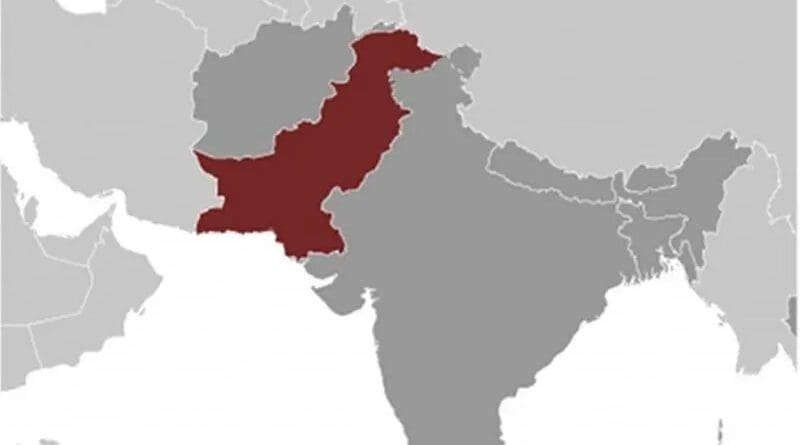A Wake Up Call For Pakistan’s Ruling Junta – OpEd
Pakistan has an agro-based economy and the country is heavily dependent on imported energy products. As the country’s trade deficit is mounting there is a need to revisit government policies.
Some of the alarming factors are: 1) extensive borrowing to meet the budget deficit and 2) deceleration in remittances. The added problem is that with the commencement of winter industrial units, particularly textiles units are likely to be a major sufferer and exports of textiles and clothing destined to plunge.
As stated earlier, Pakistan is heavily dependent on imported energy products; any hike in crude oil prices does not bode well for the country, though capital market analysts term the hike good for E&P and downstream companies listed at Pakistan Stock Exchange (PSX). A stronger dollar is likely to keep commodity prices in check, but also it is expected to make imported commodities more expensive.
Pakistan Steel is closed for months and there are no signs of its commencing production in the near future. Its price has posted 16.4%MoM increase in November, as Chinese producers re-align supply and the government implements a policy of curtailing supply. This is likely to cause further hikes in steel price, which does not bode well for Pakistan.
Pakistan is a major user of coal. Coal prices dropped on Chinese relaxation on mining controls: After reaching a 5-year high, coal prices have fallen to US$83.5/ton as the government asked the coal miners to lift up output till the end of end of winter heating season to counter the surging price. The coal price decline has remained slower as the Chinese coal producers were unable to ramp up production quickly due to medium-to-long term supply contracts and time to bring back coal mines into production. Nonetheless, normalizing of seasonal demand post-winters, will likely witness further fall in coal price as China will continue its policy to do away with coal based energy.
Fertilizer is one of the major industries of Pakistan and currently suffers from poor capacity utilization. Added to this is, extremely low international prices of urea, affecting the earnings of local manufacturers. In November its price rose to US$224/tons as compared to US$201/tons a month ago. While continuing to recover from lows of US$172/ton seen in July 2015, urea prices remain down 8%YoY as oversupply and weak demand continue. On the domestic front, recovery in international prices is likely to enhance pricing power of local manufacturers, who are already plagued by lower off-take. However, further recovery in off-take remains more likely to be a product of price reduction.
Global cotton prices during November remained higher as compared to last year (up 14%YoY) on the back of continued price recovery. The monthly USDA report featured an increase in global annual production up to 103.3 million bales and virtually no change to world mill-use, resulting in additions to global stocks. Following the global trend, prices in the domestic market remained on the higher side in November. Despite higher-than-expected phutti arrivals, prices of quality cotton move higher because of sustained buying by mills and spinners. Moreover, temporary ban on cotton import from India kept demand of local cotton robust.
This year Pakistan is likely get another bumper crop of wheat, but of no benefit. While the surplus can’t be exported, post harvest losses are feared to increase due to inadequate storage facilities. Lack of supporting policies has failed in attracting investors to construct modern warehouses and collateral management companies. Absence of modern silos results in up to 20 percent post harvest losses. Saving this could boost income of farmers and also bringing down price of staple grain n the country.

